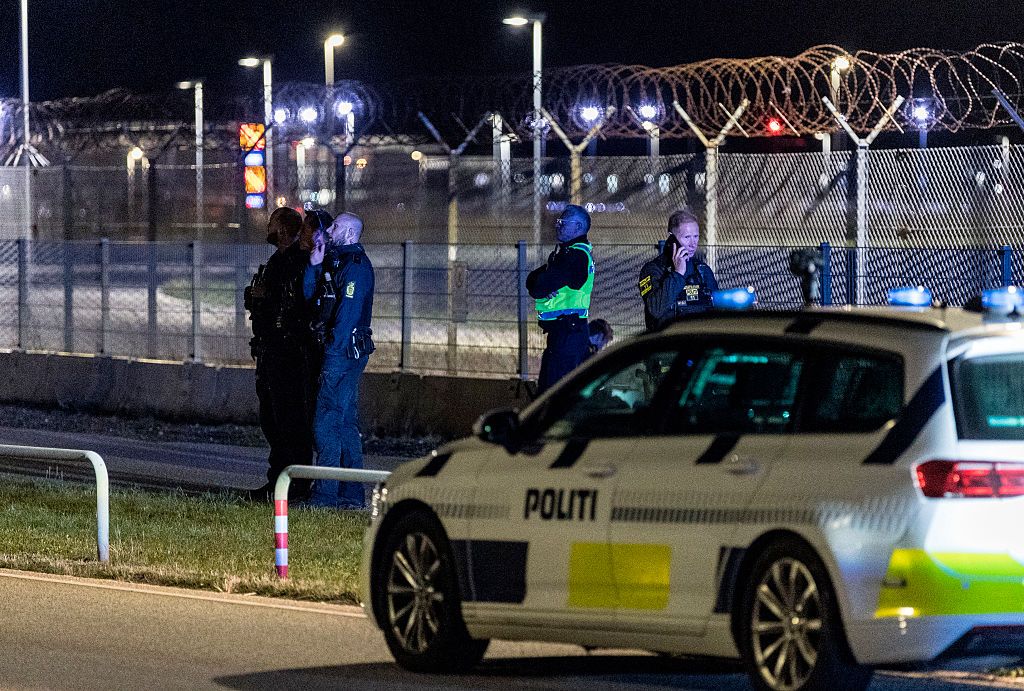Estonia open to hosting UK's nuclear-capable F-35 jets, minister says after Russian incursion

Editor's note: The story was updated with additional details.
Estonia is "always open" to hosting allied forces, including British nuclear-capable F-35A fighter jets, Estonian Defense Minister Hanno Pevkur told the Telegraph in comments published on Sept. 23.
"The door is always open for allies," Pevkur said in response to the Telegraph's question whether the Baltic country is ready to host the U.K.'s nuclear-capable aircraft in the future.
The comments come days after three Russian MiG-31 fighter jets entered Estonian airspace over the Gulf of Finland on Sept. 19 and remained there for 12 minutes before departing. Tallinn said the jets crossed without permission, while Moscow denied any violation.
The incident led to a further escalation of tensions between NATO and Russia after a Russian drone also entered Romanian airspace, and several other were downed over Poland.
The U.K., one of the three nuclear powers in NATO alongside the U.S. and France, unveiled plans to purchase at least 12 nuclear-capable American-made F-35A fighter jets by the end of the year.
Unlike other F-35 jets the British military already operates, these models are capable of carrying B61 nuclear bombs, as well as conventional arms.
Estonia, a Baltic country at Russia's border, lacks its own fighter jets. Therefore, it relies on NATO allies — including the U.K. — for air policing.
An undisclosed source connected to the British military told the Telegraph that the U.K. may decide not to send the nuclear-capable jets to Estonia, as they would "act less as a deterrence, more as an agitator."
Pevkur confirmed already in June that his country is ready to host NATO jets capable of carrying nuclear weapons, drawing backlash from the Kremlin.
Separately, Pevkur warned on Sept. 20 that Russian provocations are aimed at forcing NATO countries to focus on their own defense rather than helping Ukraine.
"And when we start talking about whether we should bring in more fighter jets or air defense systems, this is exactly what Russia wants — to divert our attention away from helping Ukraine, and to focus on our own backyard," the minister told the Estonian parliament's defense and foreign affairs committee.
The latest incursion prompted calls across Europe to shoot down Russian aircraft in case of violations. Pevkur warned that such a step should be approached with caution, but stressed the alliance is prepared to use force if necessary.
NATO allies met to discuss the incident on the morning of Sept. 23 after Estonia invoked Article 4 — the second time the alliance met for consultations under this article this month after the Russian incursion into Polish airspace on Sept. 10.
The alliance called the violation of Estonian airspace "part of a wider pattern of increasingly irresponsible Russian behavior."
"Russia should be in no doubt: NATO and allies will employ, in accordance with international law, all necessary military and non-military tools to defend ourselves and deter all threats from all directions," the statement read.
"We will continue to respond in the manner, timing, and domain of our choosing. Our commitment to Article 5 is ironclad."
NATO previously announced the launch of the Eastern Sentry mission, which aims to curtail Russia's ability to interfere in alliance members' airspace.














